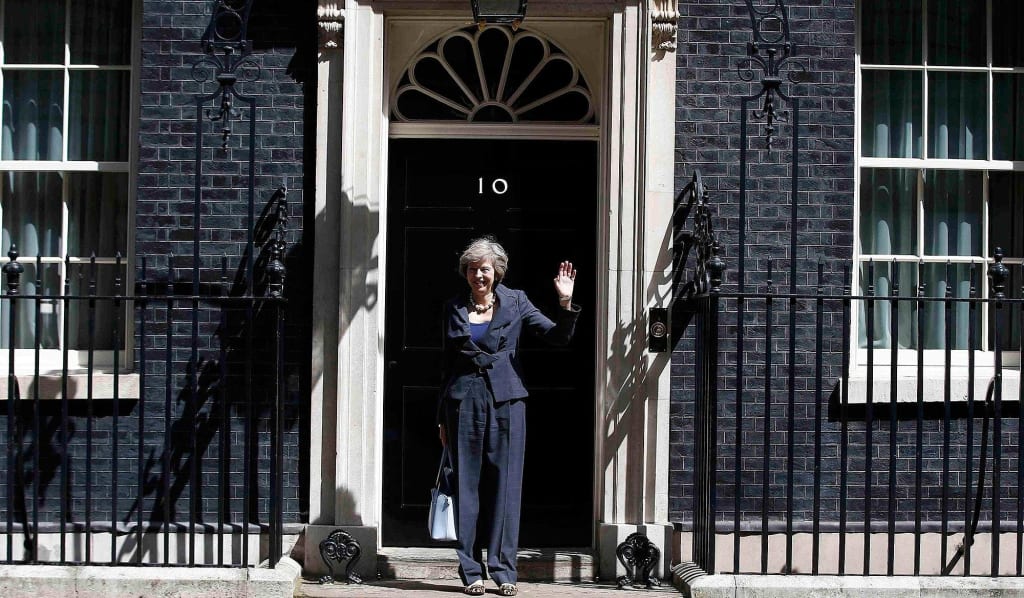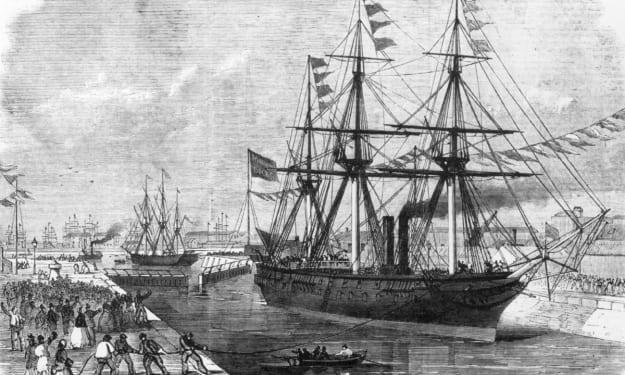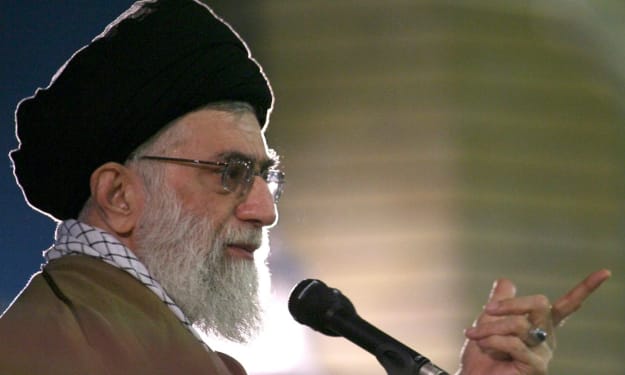The limits to a Prime Minister's power
He (or she) is not a President

A British Prime Minister is not a President, although complaints have been made for many years that the office of Prime Minister is becoming more presidential. To be strictly accurate, the designation “Prime Minister” is a courtesy title, and he (on two occasions to date it has been “she”) should be referred to as “First Lord of the Treasury”, but convention has enshrined the title in Britain’s unwritten constitution for well over a hundred years.
The head of state is the Monarch, currently Queen Elizabeth the Second, and it is her duty to invite a Member of Parliament to form a government after a general election has been fought and the results are known. That member will be someone who can command a majority in the House of Commons, which means the leader of the political party that won the election. That person will be the Queen’s first, or prime, minister.
The power of the Prime Minister is therefore limited at the outset by being subject to the will of the reigning monarch. Under the constitution (which exists, although it is not enshrined in a single document), the Queen could choose to invite someone else, and in past reigns this has been done, but it is highly unlikely under modern circumstances. The Queen could also dismiss a Prime Minister of her own volition, but again this would be an extraordinary event.
The Prime Minister does not, constitutionally, have to be a member of the House of Commons, but this has not been the case since Lord Salisbury ceased being Prime Minister in 1902. This means that the Prime Minister must be elected as a constituency MP (Member of Parliament) and he is therefore limited by the will of his local electorate; should they no longer want him as their MP (at a general election), he can no longer be the Prime Minister.
As the leader of his Party, the Prime Minister is limited by what the Party will allow him to do. Should his policies diverge too far from those of his Party, they could select another leader in his place. Constitutionally, he could still be Prime Minister, but life would be extremely awkward for him! In the Conservative Party, decisions made by the annual party conference are not binding on the government, but this has not always been the case in the Labour Party, which has, in the past, had considerable influence on what the Prime Minister has been able to do when Labour has been in office.
The Prime Minister appoints all the members of his cabinet and also chooses the junior members of the Government. A minister who steps too far out of line can be forced to resign, but if enough government members, especially if they are Cabinet ministers, make it clear that they oppose what the Prime Minister is proposing to do, they can exert enough pressure to force a change of course. The Cabinet acts as an advisory body to the Prime Minister and will certainly caution him, at their weekly meetings, if what he proposes is too extreme for them to stomach, or if they think that there would be unfortunate consequences if his proposals were taken forward.
Likewise, the Prime Minister needs the support of a majority of members of the House of Commons to get his proposed measures passed into law. Although there are all sorts of pressures that can be applied to recalcitrant MPs, if there is a big enough rebellion he may be forced to back down.
Not every vote in the House of Commons is won by the party in government. The ruling party is often forced to revise its proposals because not enough of its own members feel able to support them, and Opposition amendments to bills may be accepted by enough Government MPs for them to be passed. However, if the vote is on a matter of sufficient importance, such as a major piece of legislation, it can be regarded as a vote of confidence which, if lost, would force the Prime Minister to resign, call a new general election, or both. The Prime Minister’s power is therefore limited by the fact that he must retain the confidence of his own party’s MPs.
The government elected in May 2010 was a coalition government between the Conservatives and the Liberal Democrats, because no single party achieved a majority in the House of Commons. Such an event is very rare in British politics, but when it occurs it places huge constraints on what a Prime Minister can do. Not only must he keep his own MPs on board, but he must avoid doing anything that his coalition partners could not sanction. Were their support to be lost, his Government would fall.
The Prime Minister is required to answer questions in the House of Commons, which he does for around half an hour every Wednesday. This is not in itself a limitation on his powers, but it does mean that he cannot hide himself away and refuse to be questioned. It also means that any attempt to avoid an admission of failure on the part of his government would be noticed, especially as these sessions are broadcast live on television. A modern Prime Minister is therefore in the public eye and is answerable to the elected representatives of the people.
Another constraint on Prime Ministerial power comes from the Civil Service. Many people have fond memories of the BBC television series “Yes, Prime Minister” (1986-8), in which senior members of the Civil Service constantly frustrate the ambitions of a fictional Prime Minister. Of course, this was a comedy series and there were many exaggerations in the interplay between Sir Humphrey Appleby and Jim Hacker, but all the best comedy has an element of truth about it, and it is to be noted that one of the series’ greatest fans was the Prime Minister of the time, namely Margaret Thatcher.
Civil servants in Great Britain are non-political, are not appointed by politicians, and serve whoever is in power, of whatever political party. Their role is to take political decisions forward into reality, and also to advise ministers at all levels as to how a particular policy is likely to work in practice. They are therefore in a good position to frustrate a Prime Minister whose policies have not been properly thought through, and their activities are often a double-edged sword in that a Prime Minister may not appreciate that apparent frustration is actually protection from the potentially unfortunate consequences of unwise policies.
A Prime Minister is never all-powerful, and must expect to be disappointed in his ambitions to a greater or lesser degree. Most Prime Ministerial careers end in failure, because eventually the holder of the office will meet opposition that they cannot overcome, whether inside their government or outside. That is the nature of British democracy, in that the limits on the power of the Prime Minister ensure that someone else will be given the chance to try to succeed, sooner or later. In their turn the new Prime Minister will enjoy a measure of success before they too come up against a brick wall of one kind or another.
About the Creator
John Welford
I am a retired librarian, having spent most of my career in academic and industrial libraries.
I write on a number of subjects and also write stories as a member of the "Hinckley Scribblers".






Comments
There are no comments for this story
Be the first to respond and start the conversation.